The vibrant visionary thoughts with viable mission modes of President A.P.J. Abdul Kalam have now become a phenomenon in Indian public life. His autobiography, Wings of Fire, has impacted almost every Indian thought. His interactions with young people have ignited their minds to unlease their latent potent power so as to widen their positive nation building activities. Dr. Kalam envisions as empowered and developed India by 2020 through competitive and innovative technology-driven societal transformation. He also charted various State Government development mission-mode models based on their core competencies. Dr. Kalam has a simplicity and humility which instantly endears him to all who come into contact with him. His social dialogues break conventional barriers and build bridges of new human relations in a pluralistic society. It is unheard in the history of post-independent India that a President of India is so committed to spearhead a social revolution as Dr. Kalam. Dr. Kalam’s vision has a number of ideas which are similar to those of the New Institutional School, Neo-classical School with their emphasis on the primacy of markets and the concept of embodied technology and its role in development and the importance of innovations and entrepreneurs in development as stressed by the Austrian economist, J.a. Schumpeter. Dr. Kalam’s social thought are soiled with deep native roots, as his economic thoughts are manifested from salient indigenous branches. I have been given the privilege to deliver lectures on Dr. Kalam’s thoughts in different academic institutions spread over the country. This compilation is an outgrowth of those lectures and the published articles. Dr. Kalam’s socio-economic ideas-India 2020 Vision, “Developed Indiaâ€, Knowledge-driven Societal Transformation, PURA, Quality Electricity for all, Public-Private Partnership Perspectives, Creative Leadership, New Work Culture, Elimination of Corruption and Social Amity are interpreted in simple language with illustrations and models intelligible to all readers. A World List of Dr. Kalam’s pet word and phrases and their related themes is added for the better understanding of Kalamism.
Dr. Abdul Kalam’s Futuristic India
$17.10
$19.00
In stock
Free & Quick Delivery Worldwide
All orders amounting to US$ 50 or more qualify for Free Delivery Worldwide. For orders less than US$ 50, we offer Standard Delivery at $14 per book.
ABOUT THE AUTHOR P Jegadish Gandhi
P. Jegadish Gandhi (1941), formerly Professor of Economics at Voorhees College, Vellore for over three decades, is now Director of the Vellore Institute of Development Studies. Specialising in Development and Socio-economic issues, Gandhi has more than 200 articles published in leading economic journals and in popular periodicals in India and abroad and 23 books of his credit. His latest book on Dr. Kalam’s PURA Model and Societal Transformation was published in January 2005. he has participated in and presented papers at several national and regional seminars and international conferences. Gandhi jhas the distinction of having been a Visiting Scientist, DST (Government of India) Project, Department of Management Studies, Indian Institute of Science, Bangalore (1987-88). He was Vice-President of the International Society for Intercommunication of New Ideas (USA) and Treasurer, Vice-President and President (2000-2001), the Association of Economists of Tamil Nadu and Pondicherry. Gandhi has been honoured with the Senior Economist Award of the Association of economists of Tamil Nadu in 2002. He was an Expert Member of the Working Groups on Road Transport Services, Employmetn/Unemployment and Rural Development in the formulation of 9th & 10th Plans, State Planning Commission, Government of Tamil Nadu. Dr. Gandhi is presently an Academic Council Member of Vellore Institute of Technology, Deemed University and Thiruvalluvar University, Vellore. As a social activist, he has been working for the abolition of bonded labour and child labour system among other issues of social concern.
reviews
0 in total
Review by Anonymous
Be the first to review “Dr. Abdul Kalam’s Futuristic India” Cancel reply
You must be logged in to post a review.
Bibliographic information
Title
Dr. Abdul Kalam’s Futuristic India
Author
Edition
1st ed.
Publisher
ISBN
8176298395
Length
xxxiii+166p., Plates; Bibliography; Index; 23cm.
Subjects
more by P Jegadish Gandhi see more
Disaster Mitigation and Management: Post-Tsunami Perspectives
Since 26 December 2004, the ...
$38.70
$43.00
similar bookssee more
Concept of Health, Hygiene and Medicines: A Study of Kondh Community of South Odisha
Scholars discuss aspects ...
$38.70
$43.00
Health Laws and Health Care System
$117.00
$130.00

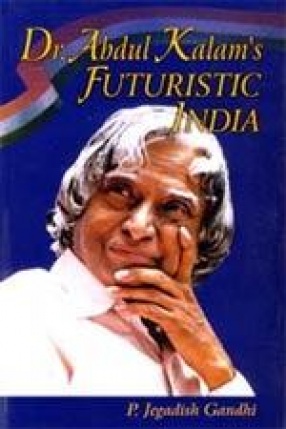
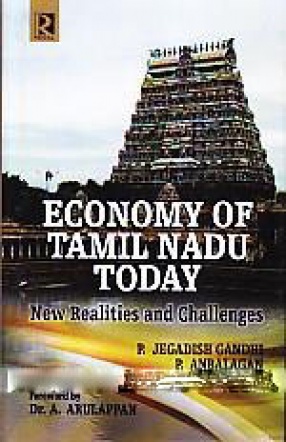

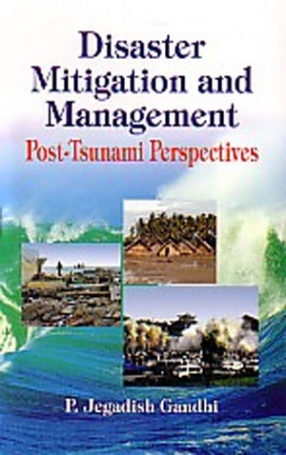

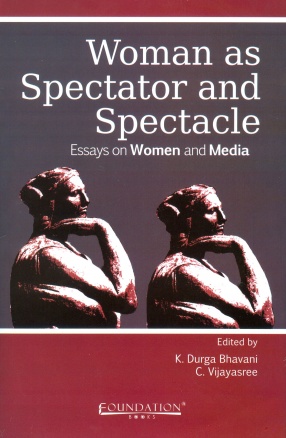
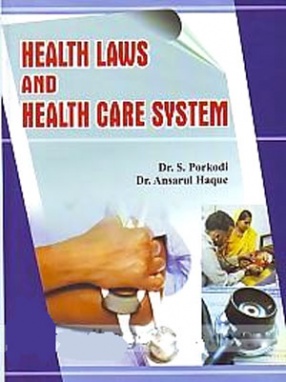
There are no reviews yet.